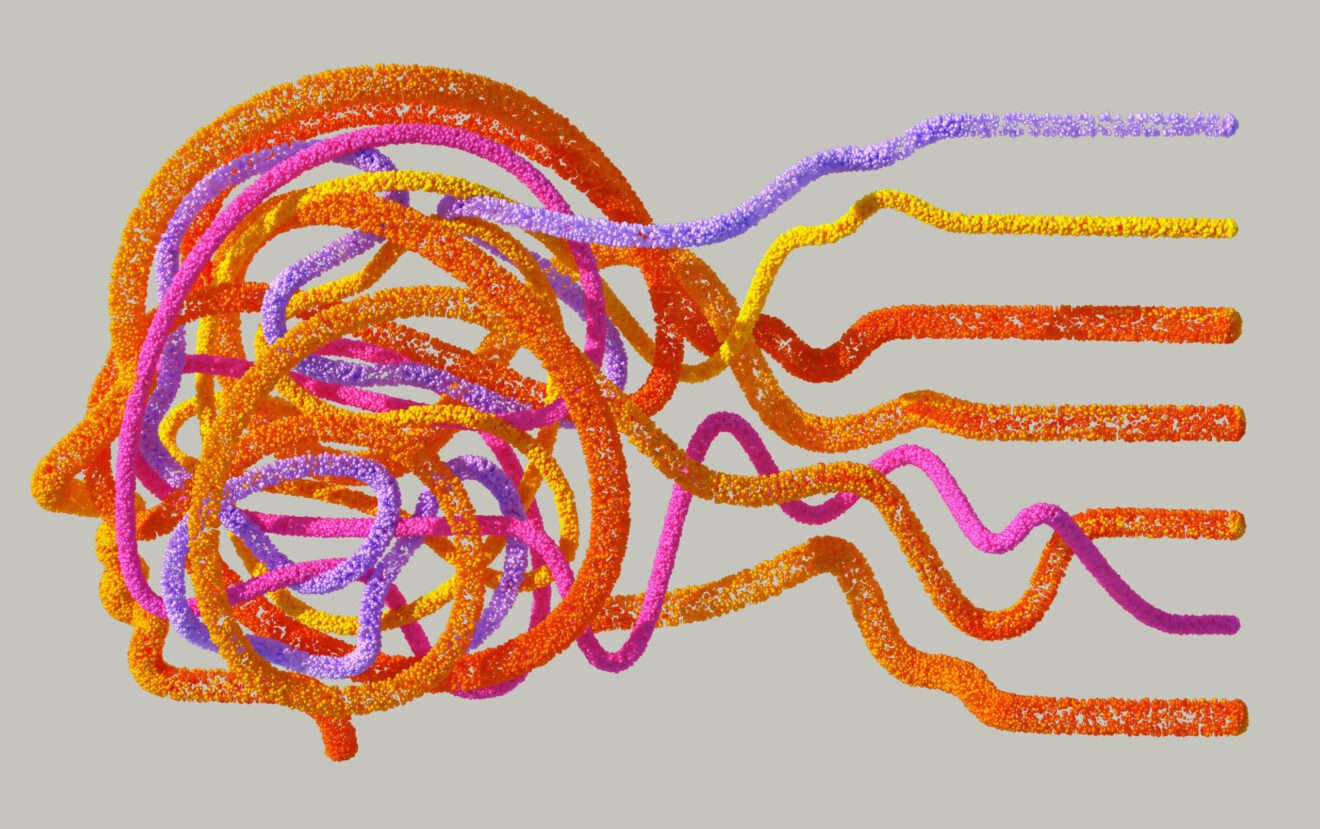Scheduling creative inspiration is notoriously difficult. By its very nature, creativity is unpredictable; it doesn’t care about deadlines and tends to come in its own sweet time. So it’s interesting to consider that kickstarting the muse appears to be an area where artificial intelligence can provide significant creative value.
Ultimately, of course, creativity is organic. It is the very human process of finding inspiration and manifesting it so that it can be experienced by others. But AI can still help it along.
One obvious way this is true is that AI creates more time for inspiration to happen. Already, just over the last year, the impact of AI on my own day-to-day operational creative tasks is profound. Time that has been spent on menial tasks – finding initial images, expanding or reformatting photos, adding or moving elements within images – has been significantly reduced. This leaves more time for the things most of us got into it in the first place: coming up with and executing cool concepts and ideas.
But AI can do more than just prepare pictures – it can help us surface new ideas. No matter how wide our own individual frames of reference, our personal knowledge will never be able to compete with what is available to a large language model. Because of this, one of the things AI does well is help find ever more ways to connect our ideas, concepts and goals, creating an ever-widening funnel of opportunities to achieve our creative goals.
Here’s an example: My team was recently working on a multi-faceted, holiday campaign. Historically, we’d have spent hours looking for images or comping together multiple images to create a hero image to convey our concepts – creativity can take a lot more time than people think.
But that’s not how it went this year. Using tools like Midjourney, DALL-E and ChatGPT, and having a smart, well-trained crew who knows how to write good prompts, we were able to come up with 5 to 7 quality concepts in the same time when historically we’d have come up with just a few. We were able to spend our time cultivating and polishing the best ones. This is a massive shift in how we spend our time and a positive one. It’s better for our clients and it’s more rewarding for our team.
The fact that AI is going to continue to change all aspects of our jobs – of our lives – is not exactly breaking news. But it still creates many questions that we as humans need to address. Because it’s not just my creative team using these new tools. We work closely with strategy, for instance, and AI is supercharging what they do as well. This creates a whole chain of rapid-fire ideas and opportunities that need to be synchronized between our groups if they are to be effectively leveraged.
In many ways, this creates new opportunities to rethink and reforge not only each of the individual disciplines that exist in marketing but how they all relate together. This is another way that AI creates disruption that can and should be positive. Each time it makes us pause and reconsider what we do, it provides an opportunity to ask bigger questions about how we relate to others and – ultimately – to our goals.
And this phenomenon is bigger than our work. AI creates opportunities for us to increase creativity in all aspects of our lives. What’s happening now with AI being able to understand and recognize what’s in an image is, frankly, incredible.
- Want to know how something was made?
- Want to know what ingredients were included in that plate you took a picture of on vacation?
- Would you like to understand what artists inspired the portrait you’re looking at in the museum?
These are the types of questions we are now able to answer right from our phone. These are the new dimensions AI adds to our lives. It is expanding our understanding of creativity at all levels.
But here’s the other thing: For all the disruption, some things are not going to change. It is still humans who decide what is creative. And it is still humans who react to the art we create, whatever tools we use to develop it. Artificial intelligence is – in the end – simply a force multiplier. But it is hard not to be excited how this will impact our productivity and the experiences that define our lives.
Vu Dang is a seasoned leader of the Design Studio at brand transformation agency SCS with over 30 years of marketing expertise. Dedicated to the craft of design with a commitment to diverse approaches, inspirations and executions, he guides a team of creatives to elevate brands and reimagine the future.
If you liked this article, sign up for SmartBrief’s free email newsletter on Marketing Innovation. It’s among SmartBrief’s more than 250 industry-focused newsletters.
